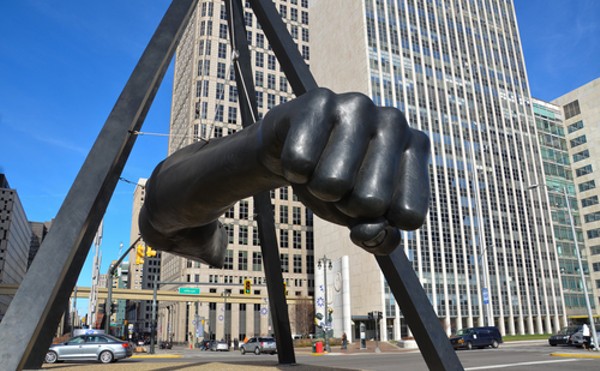In fact, we heard first mention of the piece this a.m. on GUD's listserver. And while the response to the article was generally favorable, more than one person complained that they'd rather see the paper spill some ink about the vibrant scene Cooley is a part of, instead of lavishing more attention on the admittedly cool-as-hell Cooley.
In fact, some of those interviewed for the piece felt misled by NYT journalist Melena Ryzik, who interviewees allege had said that the piece would be wide-ranging and not just about Cooley. One interviewee says he was misquoted in the article. Still others describe a writer trying to tie all things food-oriented in Detroit with Cooley and the rise of Slows. After she and a colleague were interviewed by Ryzik, Detroit Zymology Guild's Holly White said:
You know, she tried very hard to shoehorn us into being inspired by Phil — she definitely came to the story with a preconceived notion, asked a lot of leading questions. I love Phil — who doesn't? — but her approach was disappointing. She even tried to tie my moving to Cass Corridor five years ago to the opening of the restaurant. I can count on one hand how many times I've been to Slows.
What's the takeaway from all this? For the most part, it's positive. It will expose New York Times readers to a side of Detroit they likely haven't seen: Slows, Supino, Eastern Market, Roast. But it prompts larger questions about journalism. Why do writers always need a hero, a white knight or a silver bullet to sell their stories? Why do they often seem determined to not let facts get in the way of a good story?
And the good news may be that we have hundreds more food success stories that need telling — provided the journalists don't have them all written before they talk to us.





